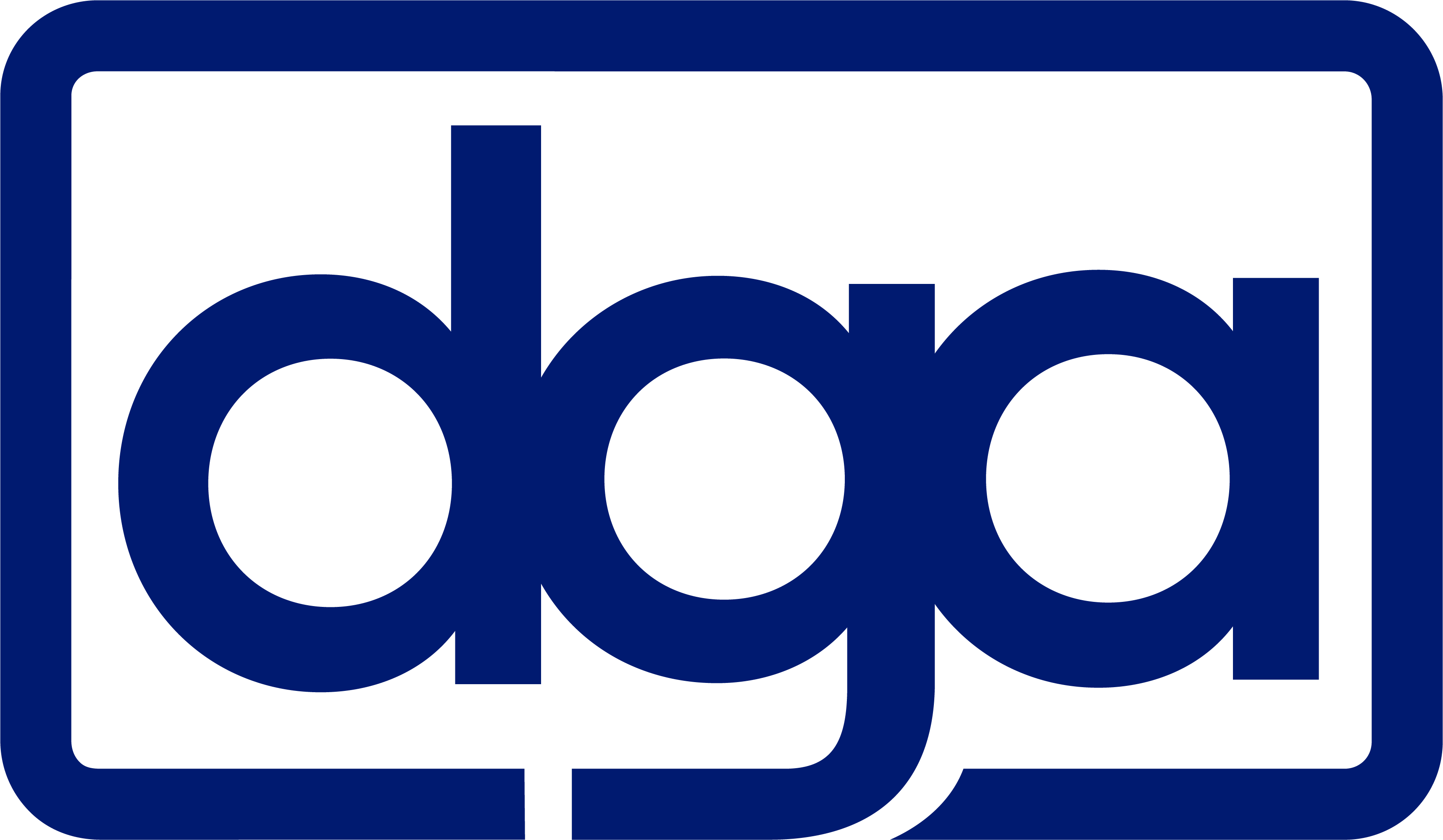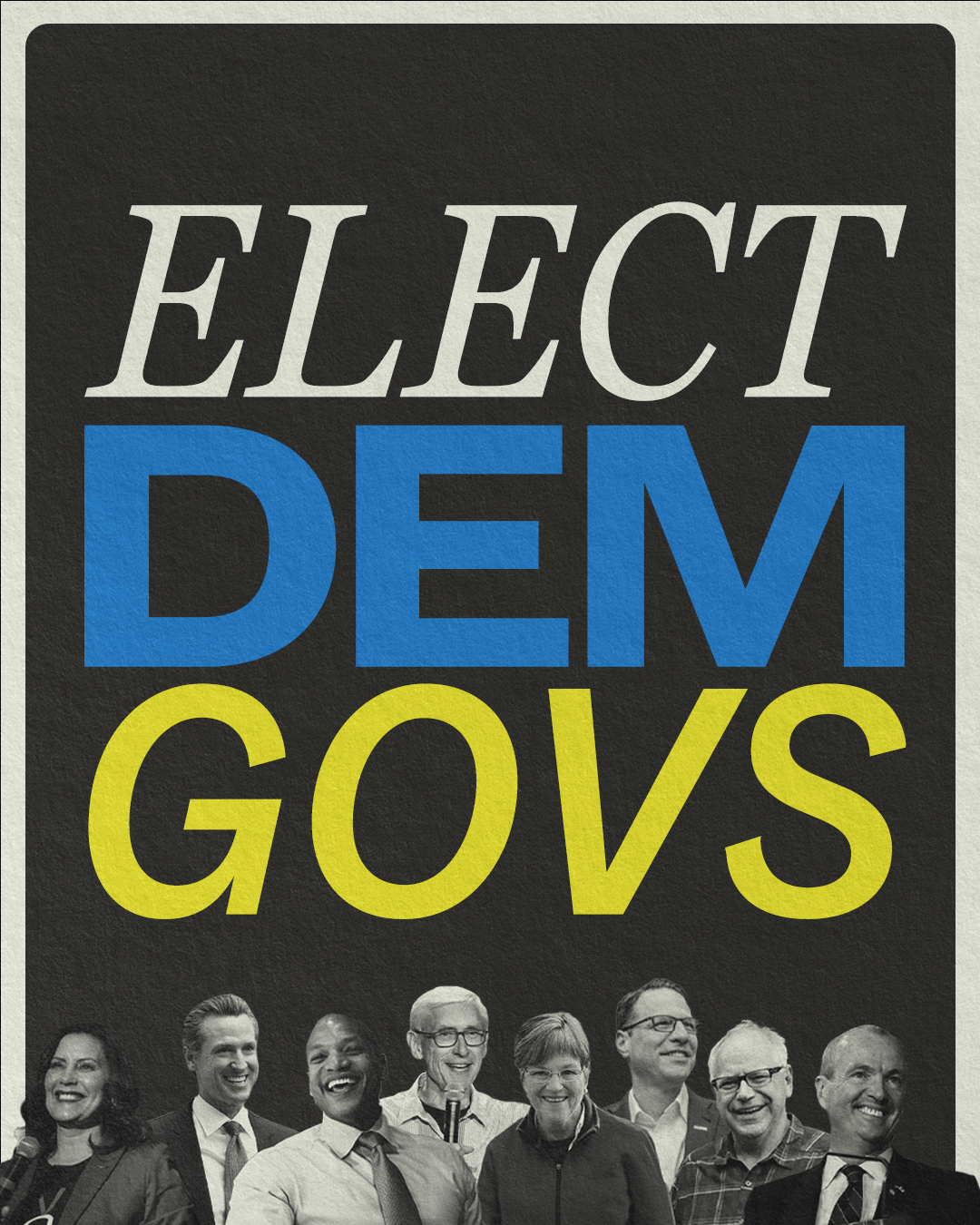Bangor Daily News Slams Paul LePage for Mismanaging Opioid Crisis, Denying Access to Life-Saving Overdose Reversal Drug
A new article from the Bangor Daily News highlights Paul LePage’s years-long battle to block access to the life-saving overdose reversal drug naloxone, also known as Narcan.
New documents show that in 2018, when Maine’s maritime police agency wanted to allow its officers to carry naloxone, LePage blocked their access to the life-saving medication, saying naloxone “is fake security for drug addicts.” In 2016, LePage vetoed a bill expanding access to naloxone, saying it “does not save lives” but “merely extends them until the next overdose.”
“[LePage’s comments] made my heart stop because pretty much everything that he is saying in this note is fundamentally untrue,” said the Maine Recovery Advocacy Project’s Courtney Gary-Allen. “I couldn’t imagine a Maine on the front lines of the opiate crisis without the access to naloxone that we have today.”
As governor, LePage blocked health care expansion for over 95,000 Mainers and vetoed several other opioid treatment bills, justifying his vetoes by saying, “they are just going to die.”
Meanwhile, Gov. Janet Mills started a Narcan distribution program as attorney general, and as governor, she hired the state’s first point person on the opioid crisis and rolled out a plan to fight it.
According to the University of Maine, state-supplied naloxone has reversed nearly 4,300 overdoses from mid-2019 through May. Law enforcement officers helped save 327 overdose victims last year.
Read key excerpts from the article below.
Bangor Daily News: A Maine police agency wanted to carry an overdose antidote. Paul LePage said no.
After finding the deadly opioid fentanyl during a boat inspection, Maine’s maritime police agency was working in June 2018 on guidelines allowing officers to carry a life-saving overdose reversal drug.
Marine Patrol command staff asked the Maine State Police for a policy it implemented the previous year. Before they were done retrofitting those rules, Marine Resources Commissioner Patrick Keliher ran the idea by then-Gov. Paul LePage, who vetoed a 2016 bill expanding access to naloxone with a letter saying it “does not save lives” but “merely extends them until the next overdose.”
An adviser relayed the idea to LePage, putting a piece of paper before him with options allowing him to accept the proposal, deny it or say he wanted to talk to Keliher. He chose the second.
“If Narcan was a one and done I would likely go along,” LePage wrote by hand. “But it is fake security for drug addicts.”
That rhetoric, contained in files housed at the Maine State Archives, mirrored what he had said publicly about naloxone, marketed under the brand name Narcan. It remains a clear example of state policy on the drug turning sharply on his whims.
[…]
Marine Patrol officers did not carry Narcan until May 2019, after Gov. Janet Mills took office and police were trained, a department spokesperson said. There is no record of the agency responding to an overdose between June 2018 and when the policy was implemented. The department did not respond to a question on encounters since then.
But state-supplied Narcan has reversed nearly 4,300 overdoses from mid-2019 through May, the University of Maine’s Margaret Chase Smith Policy Center says. Roughly 93 percent of Maine’s 8,000 overdoses in 2021 were not fatal, something the center attributes largely to Narcan distribution. Law enforcement officers helped save 327 overdose victims last year.
The former governor is running against Mills, a Democrat, in a November race also featuring independent Sam Hunkler. LePage’s campaign did not answer questions about the 2018 decision, including on whether the former governor’s feelings have changed on Narcan.
[…]
LePage’s 2018 note “made my heart stop because pretty much everything that he is saying in this note is fundamentally untrue,” said Courtney Gary-Allen, the organizing director for Maine Recovery Advocacy Project, a group that works on treatment access.
“I couldn’t imagine a Maine on the front lines of the opiate crisis without the access to naloxone that we have today,” Allen said.
The crisis morphed and escalated nationally during the LePage era. When he took office in 2011, prescription drugs dominated overdose deaths, but illicit ones like heroin and fentanyl overtook them as the state saw four straight years of rising deaths through 2017.
[…]
In 2017, he proposed a bill to require those revived by Narcan more than once to pay for it. Early the next year, pharmacy regulators approved rules raising the age limit to buy the drug from 18 to 21 after LePage said he would not sign off on them without changes. His administration slow-walked rulemaking on another Narcan bill passed in 2015.
LePage’s hostility to Narcan stands out on the national level. In 2019, the administration of former President Donald Trump, a Republican, took credit for expanding supply and noted a large bump in prescriptions after the surgeon general recommended more Americans carry it.
As attorney general in 2016, Mills started a Narcan distribution program. In the Blaine House, she hired the state’s first point person on the opioid crisis and rolled out a plan to fight it in the first two months of her tenure. The governor has not always shared advocates’ approach. In April, she threatened to veto a Good Samaritan bill before inking a compromise deal.
Allen, who was part of those negotiations, called Mills an ally despite some differences.
[…]
###


